This study on the integration of artificial intelligence (AI) and large language models (LLMs) presents key...


This study on the integration of artificial intelligence (AI) and large language models (LLMs) presents key...
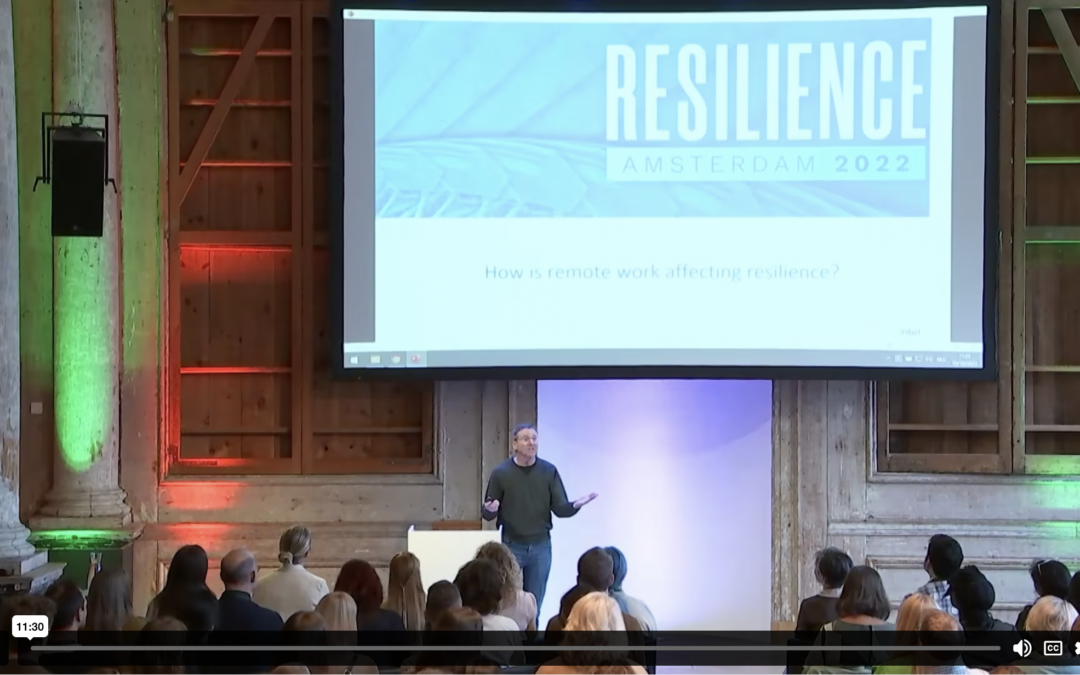
COVID-19 has precipitated a massive social experiment – the sudden shift of millions of knowledge workers from...
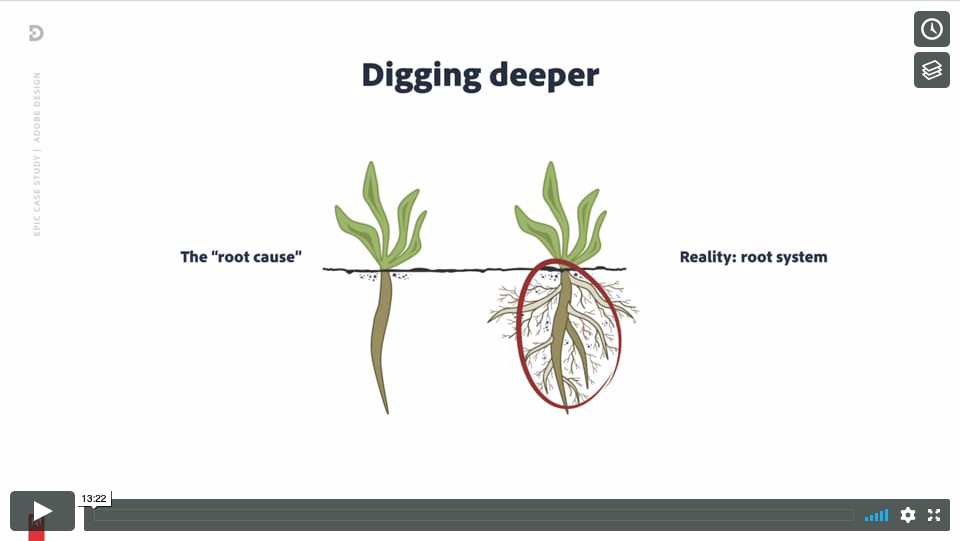
Case Study—The authors used anthropology and other design research methods to develop a new kind of study to capture the world of professional creatives and the people they work with. To uncover core collaboration challenges for professional creatives the authors asked them to walk through past...
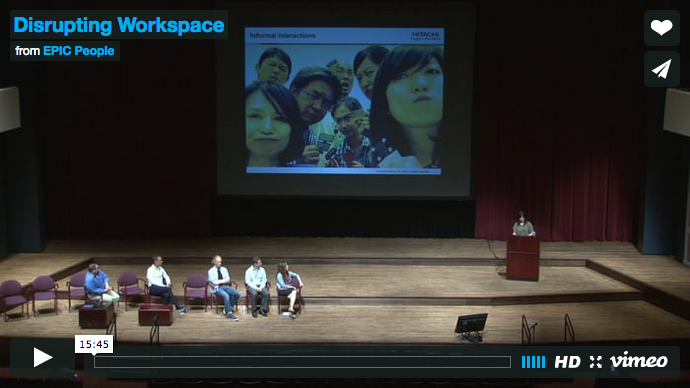
Case Study—Hitachi America's R&D, comprised of five technical laboratories, opened the Center for Social Innovation in January, 2016. When the new office project emerged, the R&D group used the opportunity to reflect on and strengthen collaborative practices, organizational culture, and...

Most of us struggle with managing our time while feeling perpetually swamped with work. White-collar professionals, myself included, have often turned like supplicants to time management tools ranging from self-help books to productivity software to maximize efficiency in less time. Confession: I...
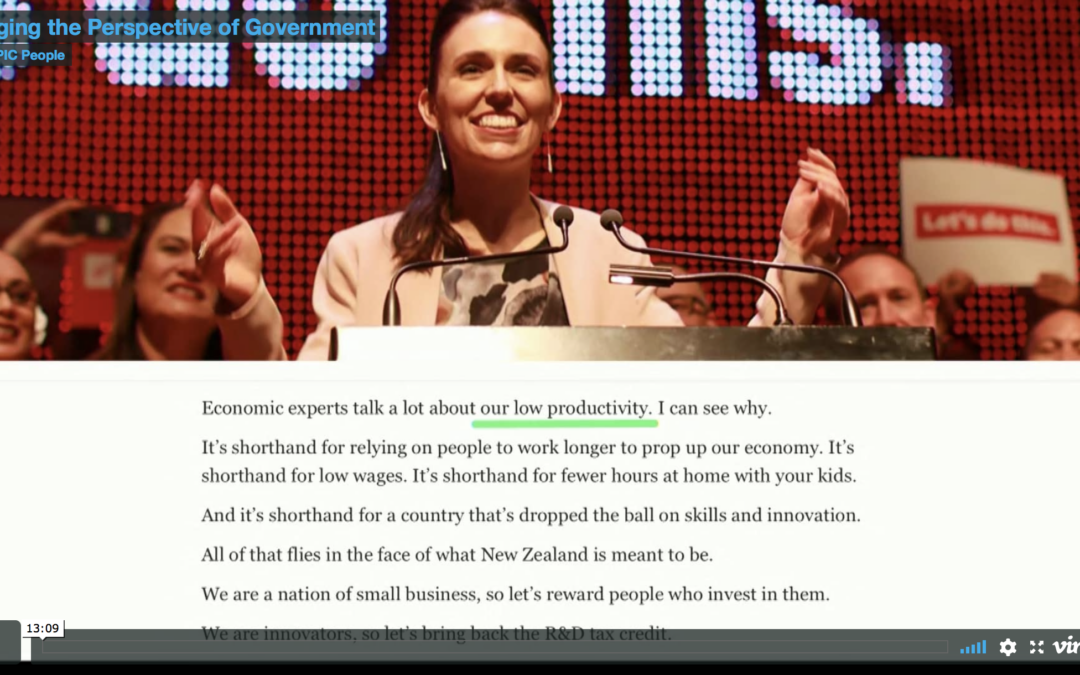
Case Study—This case study highlights the value of ethnography in changing a client's perspective. New Zealand's productivity has been deceasing, and the government wants to reverse that trend. Empathy's government client believed that macro-level forces were having a major impact on the...
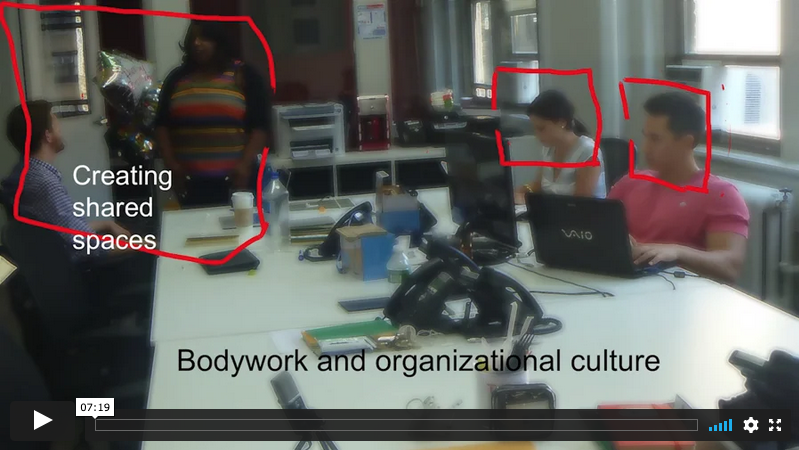
Office workers still rely on their bodies to communicate with each other, despite many decades of technology use. This Pecha Kucha explores how and in what ways office work involves people’s bodies and this “bodywork” plays in productivity. I argue that technology is now able to emulate some...